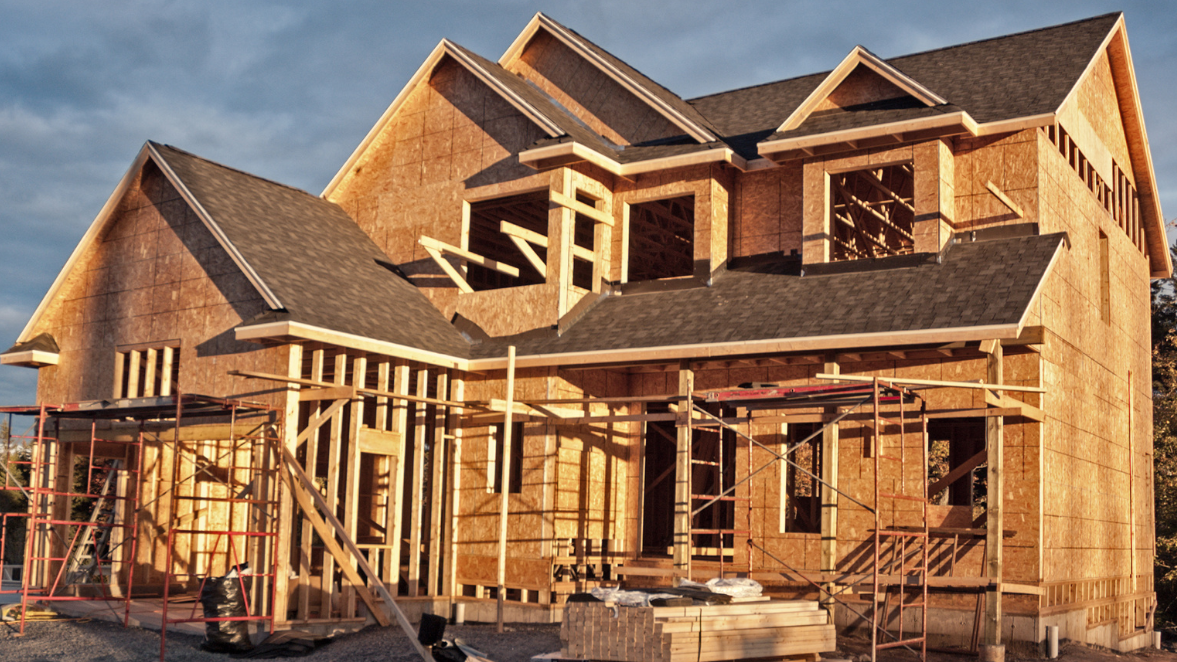Consumer Guide: Buying Land and Building a New Home

Why might I want to build my own home?
Every homebuyer’s needs are different. Some buyers may choose to remodel an existing home to fit their needs, while others may prefer to design their dream home from start to finish. Buying land to construct a home allows buyers to customize every aspect of their home.
What are the pros and cons of building a custom home?
The key benefit of building a custom home is the ability to tailor every aspect of the home to your preferences. However, the construction process takes time. The design phase—when you work with an architect or builder to map out your home—often lasts three to six months, after which you will need to get the necessary permits and approvals. The construction process can vary based on home size and features, but typically lasts at least 12 to 16 months, and further delays are possible. Building a custom home may also involve additional costs that are not involved when purchasing an existing home, such as architect fees and the costs of materials.
How can I find land for sale?
Whether you are open to building a custom home, want to purchase an existing home, or are focused exclusively on buying undeveloped land, an agent who is a REALTOR® will help you find listings that meet your needs. Like existing homes, plots of land for sale may be listed on Multiple Listing Services, which are online platforms that compile listings from brokerages in a given market. Additionally, agents and brokers that specialize in buying and selling land can advise you on specific considerations for land purchases that you may be unfamiliar with.
What is a construction loan?
What is a construction loan? Construction loans, or self-build loans, are short-term loans that provide funds for home construction, including costs for land, labor, building permits, and materials. They are paid out in a series of installments to cover costs as construction progresses, unlike a mortgage for an existing home, which is provided in full at the time of purchase. Homeowners who decide to renovate their property may also use construction loans if the available funding through a home equity or renovation loan is too small.
What is the difference between a construction loan and mortgage?
Construction loans are short-term loans with a fixed term—often around one year—to cover the period of construction, whereas mortgages are typically longer term, with repayment periods of 15 to 30 years. Additionally, while mortgage borrowers usually make monthly payments on both principal and interest, construction loan borrowers often make interest-only payments during the construction period and then may choose to repay the full balance or convert the loan to a permanent mortgage once the project is complete. Interest rates for construction loans usually are higher and vary based on the market, as opposed to fixed or adjustable rates for mortgages. Lastly, construction lenders may have other requirements for loan approval—like detailed construction plans, budgets, and timelines—on top of the typical requirements for mortgages.
What is “new construction”?
In addition to buying land to build a home from scratch, there are other options that fall under the category of new construction. Buyers hoping for a shorter timeline can cut time in the design process by selecting a stock building plan, which is a pre-designed home that still allows for customization of elements like the layout, number of levels, exterior, and other features. Another option is spec homes, which are homes that are currently under construction or recently completed. Buyers’ ability to customize a spec home will depend on how far along the construction process is. For example, if the home is still in the early stages of building, buyers may be able to choose things like flooring, lighting, tiles, countertops, cabinets, and vanities.
Practices may vary based on state and local law. Consult your real estate professional and/or an attorney for details about state law where you are purchasing or selling a home.
Shared with permission from the National Association of REALTORS®.
Connect with a Long Island or Queens REALTOR® at lirealtor.com
Explore New York properties at OneKeyMLS.com

